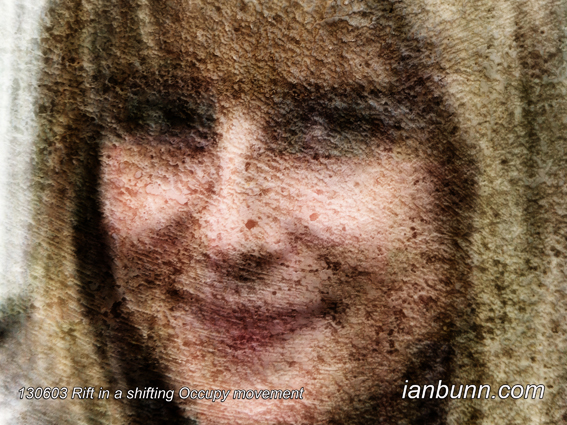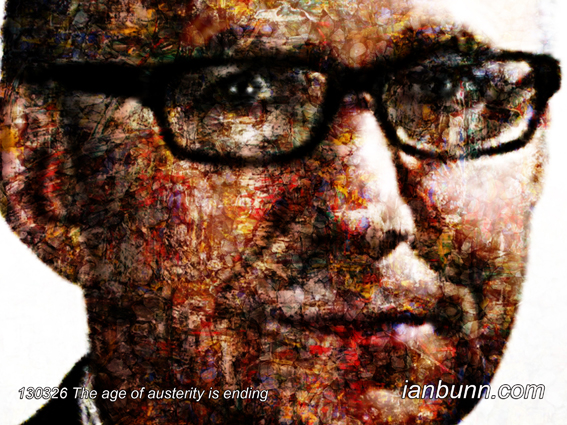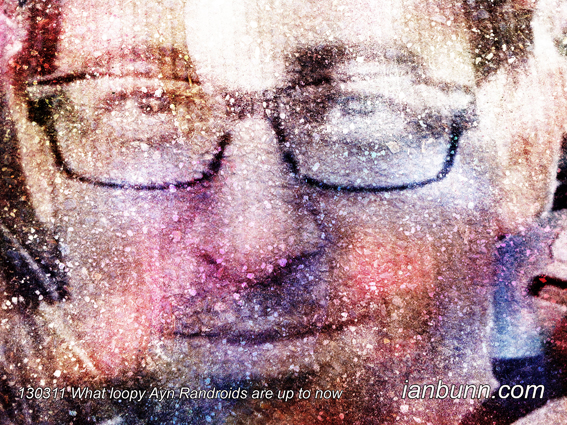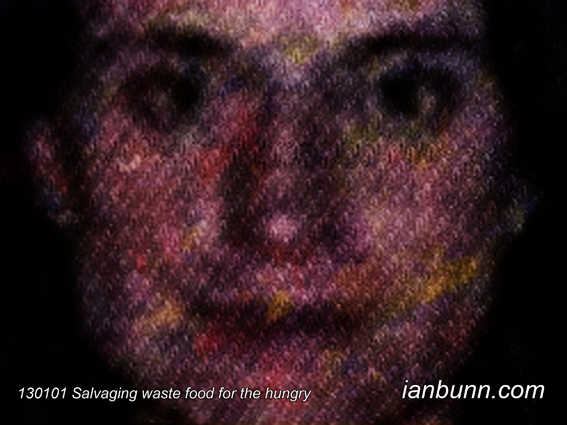 Traumatized veterans of our culture wars (June 25 2013)
Traumatized veterans of our culture wars (June 25 2013)
Katherine Stewart the American journalist and author who writes about controversies over religious freedom, separation of church and state and climate science has published an article in The Guardian titled ‘The dark side of home schooling: creating soldiers for the culture war’ in which she states “Several decades ago, political activists on the religious right began to put together an “ideology machine”. Home schooling was a big part of the plan. The idea was to breed and “train up” an army of culture warriors. We now are faced with the consequences of their actions, some of which are quite disturbing. According to the Department of Education, the home schooling student population doubled in between 1999 and 2007, to 1.5 million students, and there is reason to think the growth has continued. Though families opt to home school for many different reasons, a large part of the growth has come from Christian fundamentalist sects. Children in that first wave are now old enough to talk about their experiences. In many cases, what they have to say is quite alarming. …The fundamentalist home schooling world also advocates an extraordinarily authoritarian view of the parental role. Corporal punishment is frequently encouraged. …In America, we often take for granted that parents have an absolute right to decide how their children will be educated, but this leads us to overlook the fact that children have rights, too, and that we as a modern society are obligated to make sure that they get an education. Families should be allowed to pursue sensible homeschooling options, but current arrangements have allowed some families to replace education with fundamentalist indoctrination. As the appearance of HA reminds us, the damage done by this kind of false education falls not just on our society as a whole, but on the children who are pumped through the ideology machine. They are the traumatized veterans of our culture wars. We should listen to their stories, and support them as they find their way forward.”
Inspired by Katherine Stewart, The Guardian ow.ly/lEdxF Image source Twitter ow.ly/lEdpq







![Claudia Ciobanu the Bucharest journalist writing on the issues of transition within Romania and Bulgaria, has published an article on the IPS News Service titled ‘Poland Cornered Over Its Secret Prisons’ in which she states “A Polish official investigation into the existence of a secret CIA prison on its territory is being stalled, according to official sources, while pressure on the country to tell the truth mounts. … [a] report to the recent Globalising Torture study of Open Society Foundations, claim Poland hosted a secret CIA prison used in the extraordinary rendition programme from the end of 2002. Under this programme, the U.S. detained and interrogated terrorism suspects in Europe. …Poland seems to be this new location. …officials from governments and intelligence services of various countries, including Poland and the U.S., interviewed by UN and EU bodies, NGOs and journalists, point to the fact that the Polish site was key to the CIA scheme. Those sources continue to speak under the condition of anonymity because both Poland and the U.S. refuse to officially reveal details about how rendition functioned. In Poland, a prosecutors’ investigation started in 2008 has recently taken a dubious turn. Until a year ago, the investigation was conducted by the Warsaw prosecutors’ office, under two successive prosecutors. …After this news came out, the case was moved to Krakow. Mikolaj Pietrzak, the Polish lawyer [stated] “It is extremely irregular that a case be shifted to three different prosecutors, and the fact that in the last year nothing has gone forward apparently is a very sad statement about the investigation.” … Pietrzak, who has at one point seen the full file of the Polish investigation, claims: “This case is going to be very difficult to overturn, because there is a lot of evidence, and you simply cannot pretend that what is there in the prosecutors’ file doesn’t exist.” Inspired by Claudia Ciobanu, IPS News Service ow.ly/j4E5X Image source Human Wrongs Watch ow.ly/j4DmR](http://www.ianbunn.com/wp-content/uploads/2013/03/130412dcU60.jpg)












![Busani Bafana the Zimbabwean Journalist and founding member / coordinator of the Network on Environment & Agriculture Reporting, a media network in Zimbabwe that seeks to promote coverage of agriculture and science issues by journalists, has published an article on the Inter Press Service titled ‘Farmers Need to Grow Climate Smart’. Bafana states “Farmers cannot wait much longer for negotiators to reach an agreement on including a work programme on agriculture in the United Nations Framework Convention on Climate Change. And until one is approved, “it will continue to be difficult for farmers to produce the food needed, and at the same time reduce greenhouse gas emissions.” [states] Anette Friis from the Danish Food and Agriculture Council and spokesperson for Farming First, a global coalition calling on world leaders to increase agricultural output in a sustainable and socially responsible manner. “Countries failed to get an agreement on agriculture at this year’s (Conference of the Parties) COP18 in Doha, which means that discussions will not move to the next level and a work programme on agriculture is not foreseen for the near future.” “Progress has been excruciatingly slow,” [states] Bruce Campbell programme director [CCAFS] Climate Change Agriculture and Food Security . “One sentence in Durban in the final agreement. Then a few non-committal sentences at SBSTA in June. This mirrors the UNFCCC negotiations generally. What can one say, but that we are on target for a four-degree warmer world, which is likely to reduce growing seasons over much of sub-Saharan Africa by more than 20 percent.” According to CCAFS, agriculture and land use change, mostly from deforestation, contribute an estimated one-third of total greenhouse gas emissions. However, an improvement to crop yields since 1960 has already reduced agricultural emissions by 34 percent. Arguing that farmers around the world are experiencing the impacts of climate change daily, Farming First says the agriculture sector could play an important role in both climate change adaptation and mitigation. …Climate-smart agriculture includes conservation agriculture, crop rotation, agro-forestry, better weather forecasting and integrated crop-livestock management. It is aimed at environmentally-friendly increases in food production, which thereby reduce the emissions produced from agriculture.” Inspired by Inter Press Service ow.ly/gpPYR image source Linkedin ow.ly/gpPYa](http://www.ianbunn.com/wp-content/uploads/2013/01/130105dcU60.jpg)








